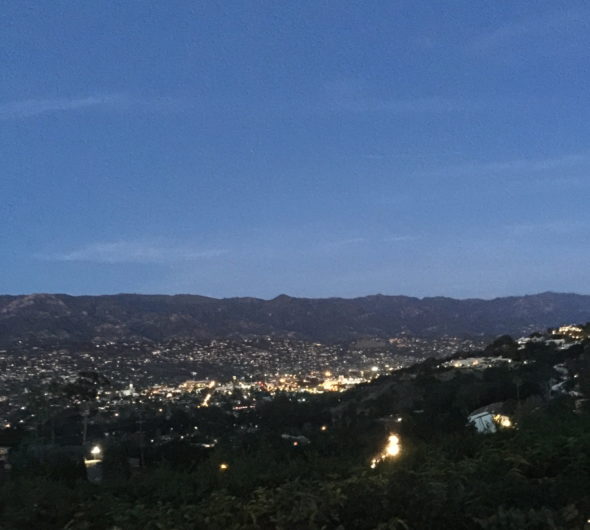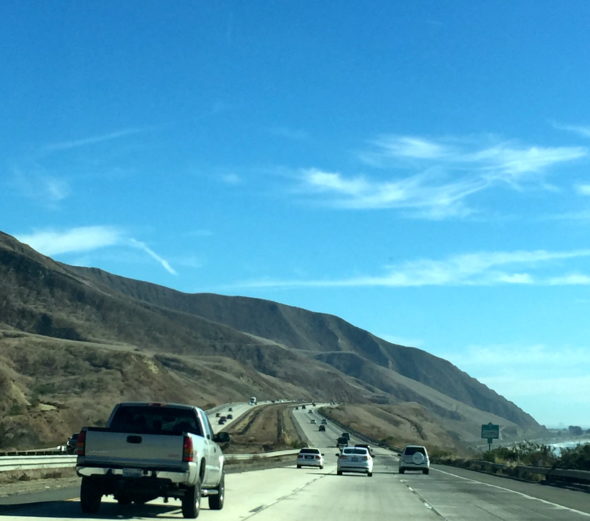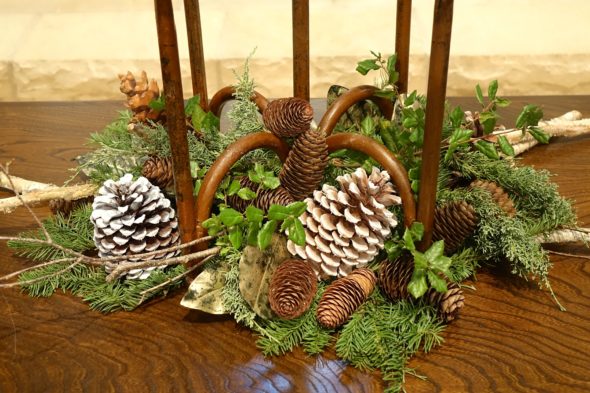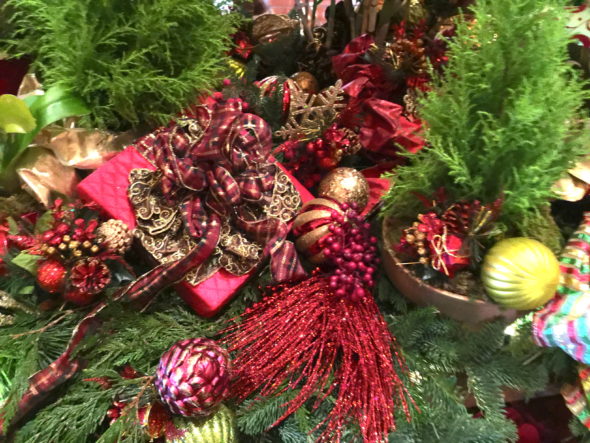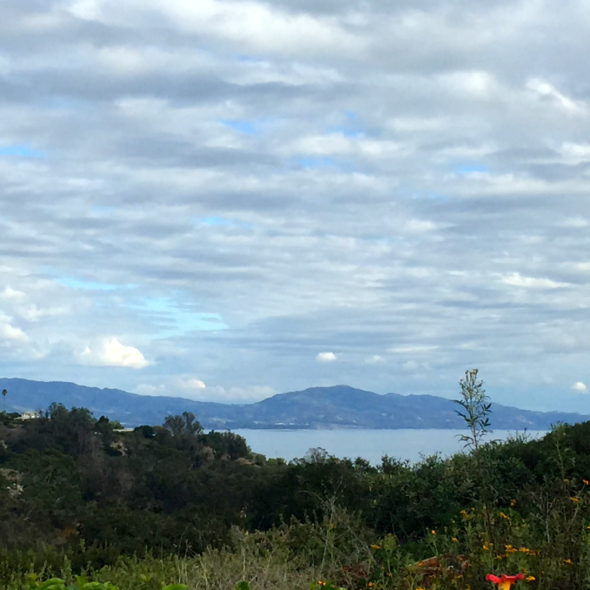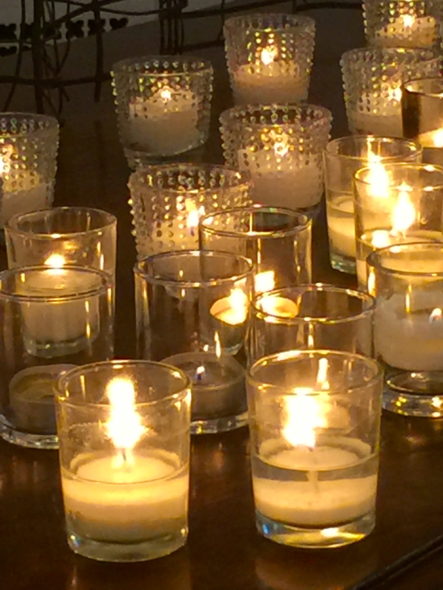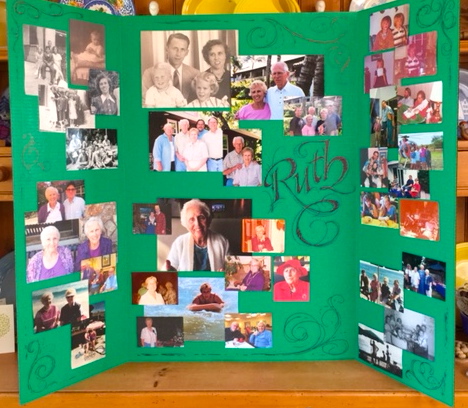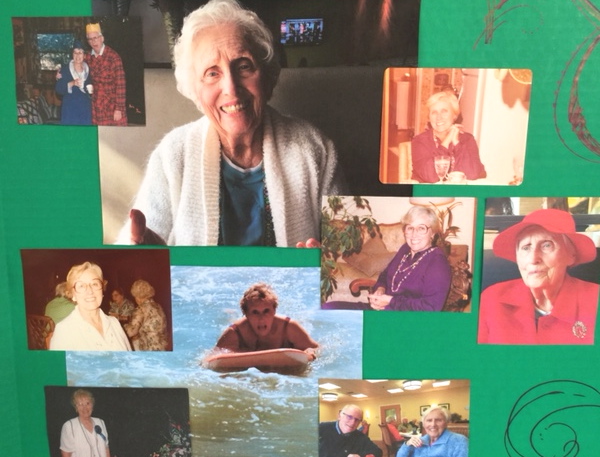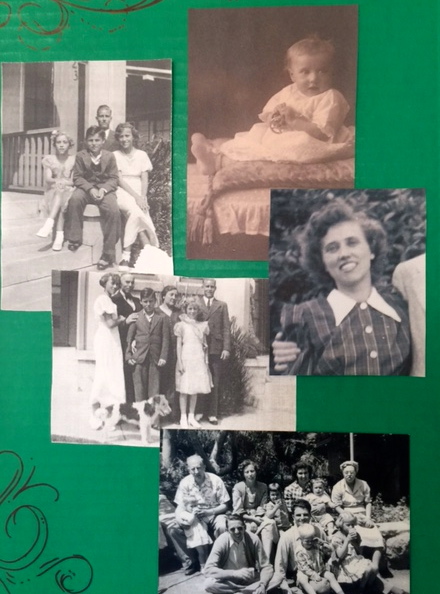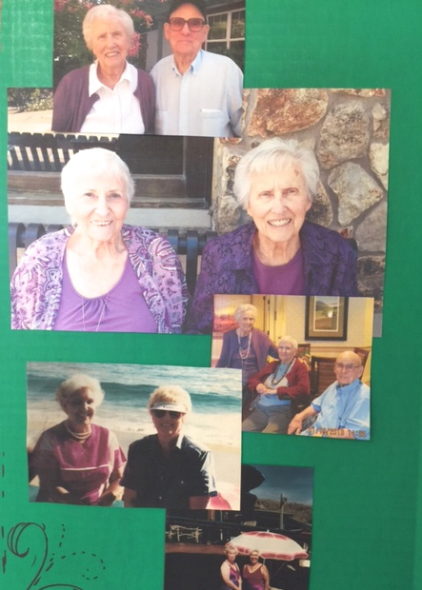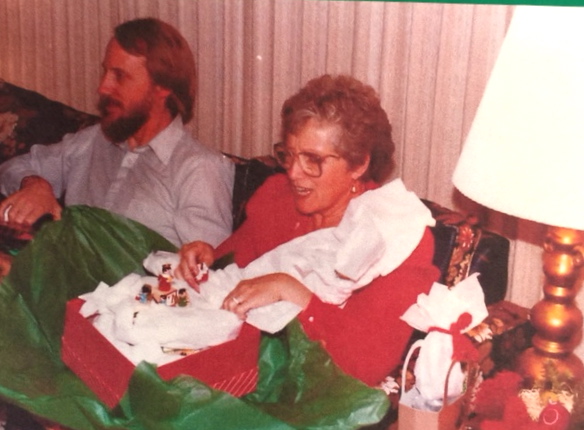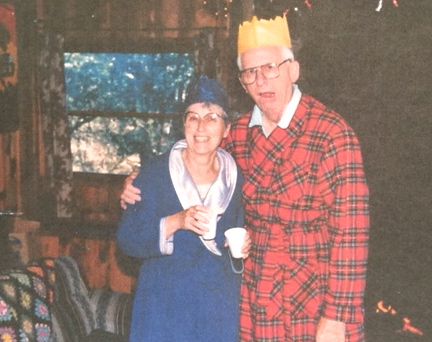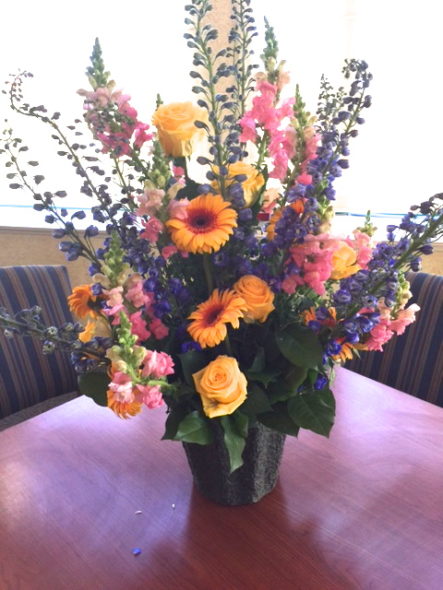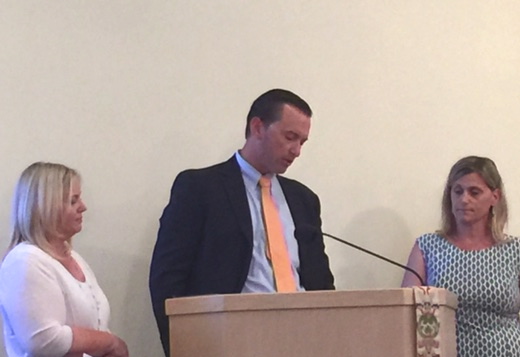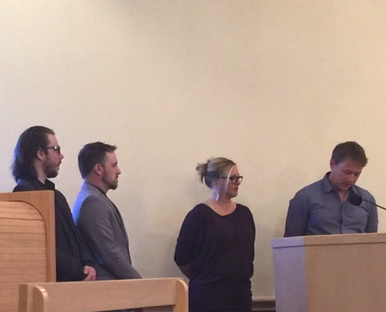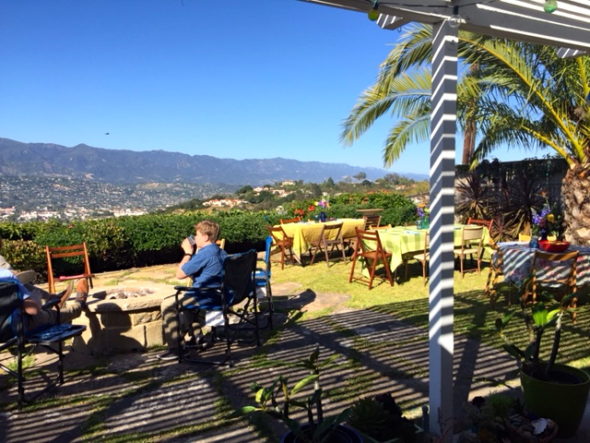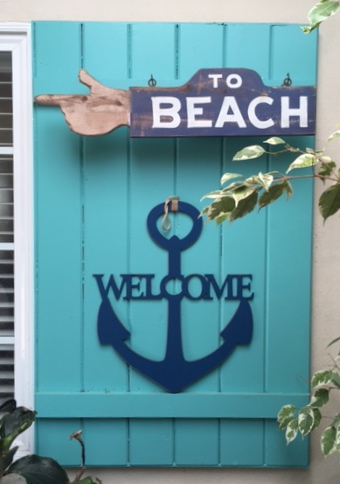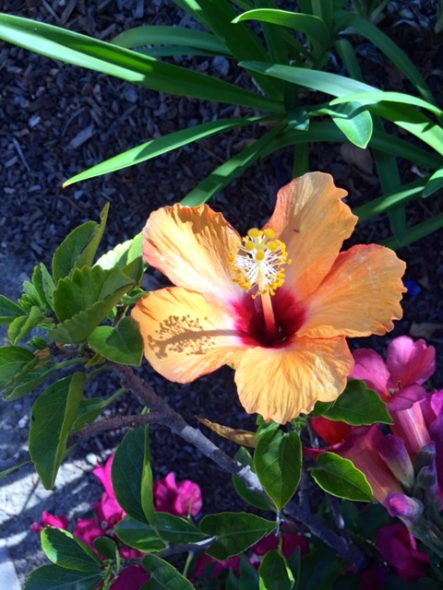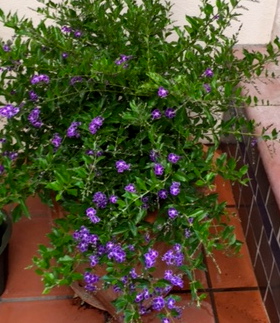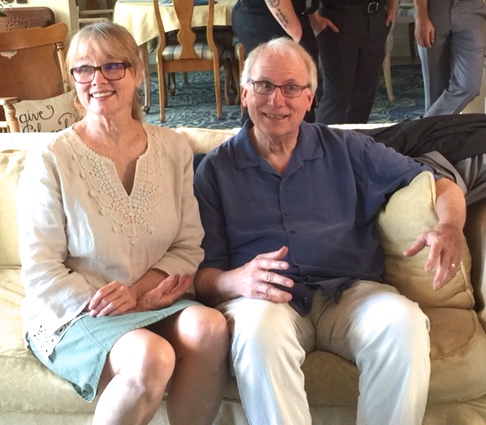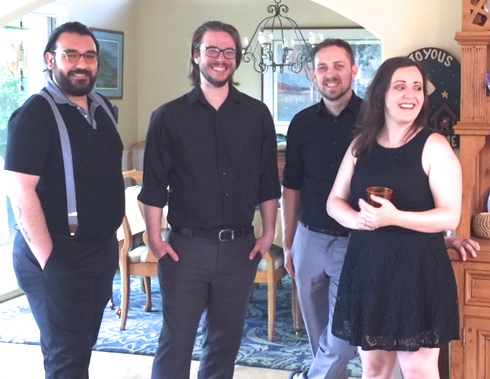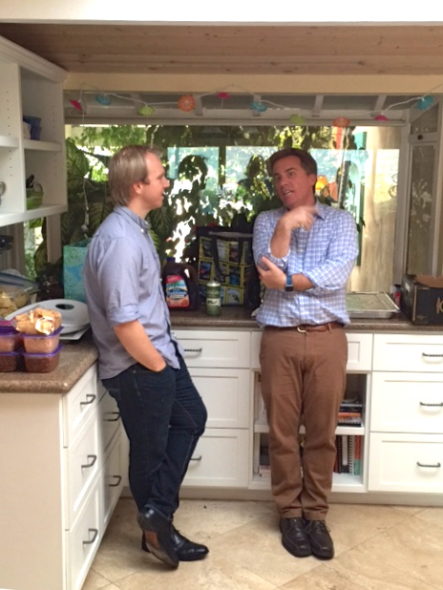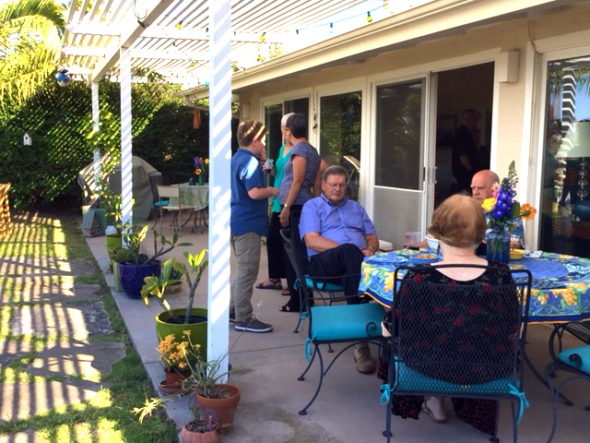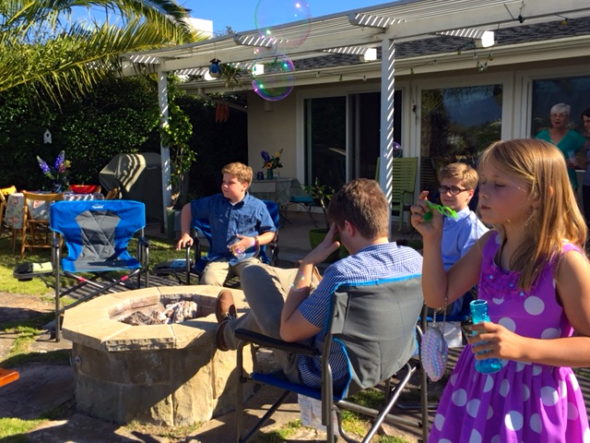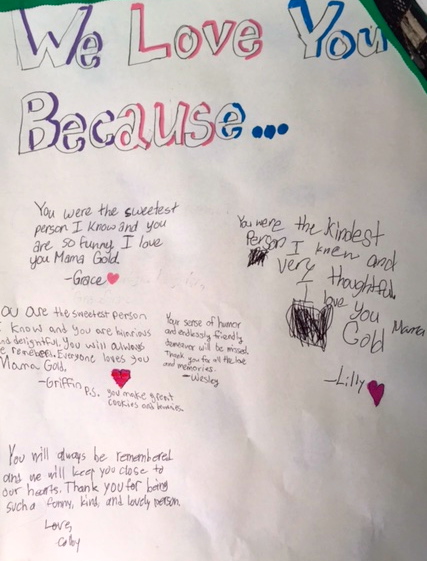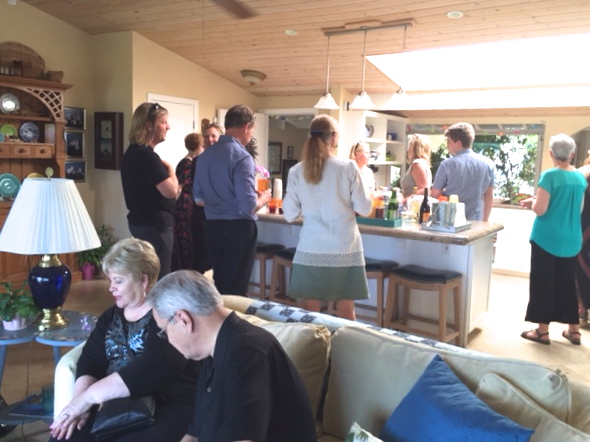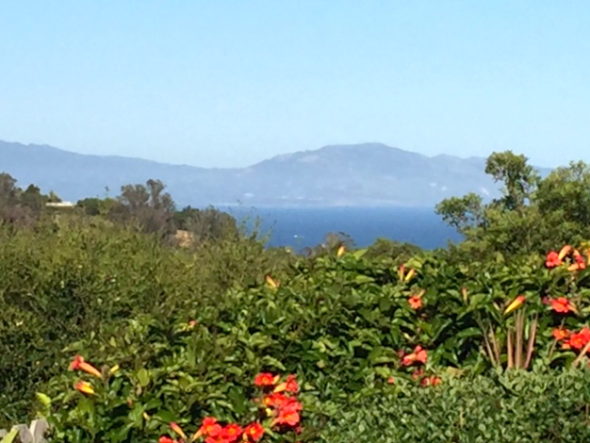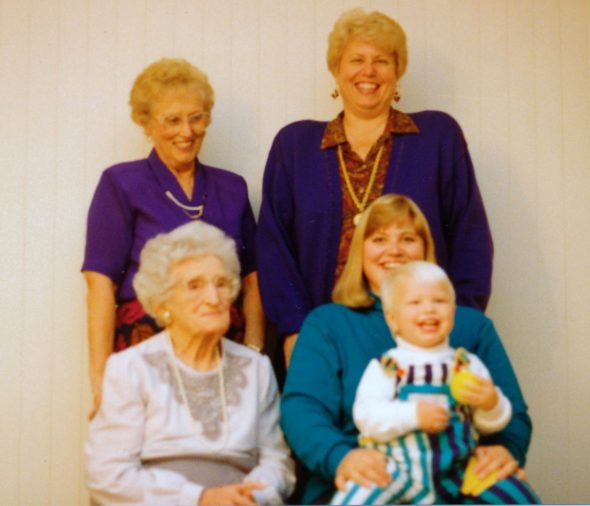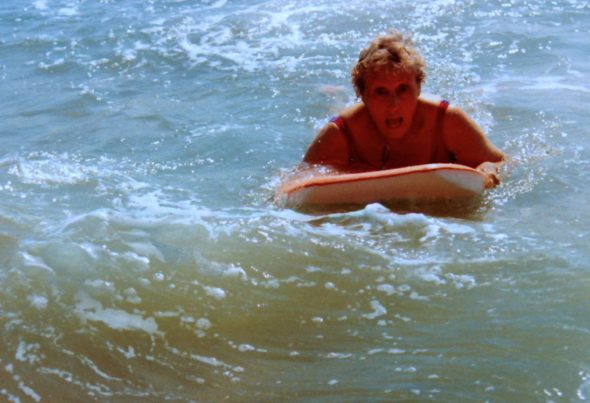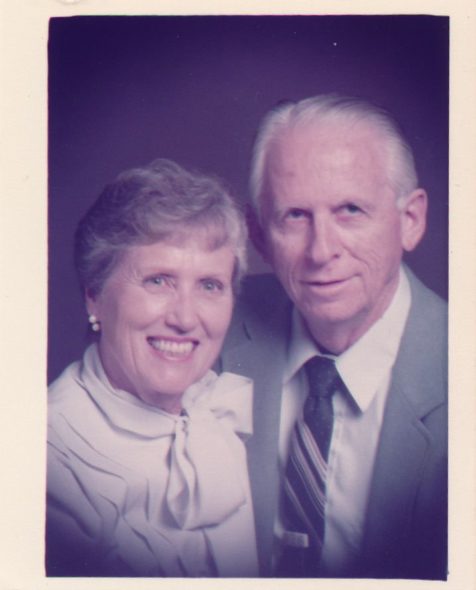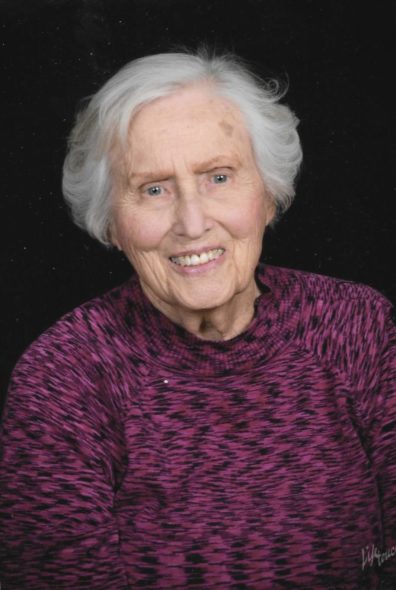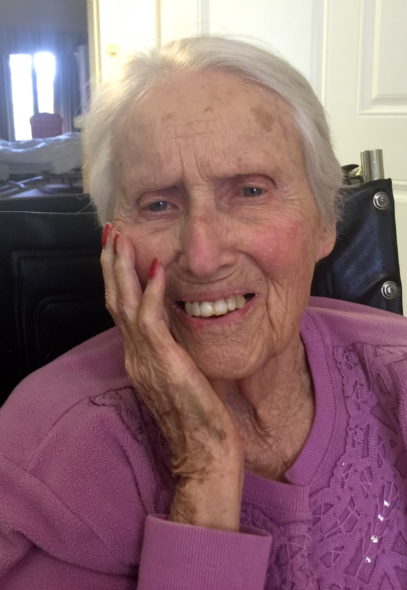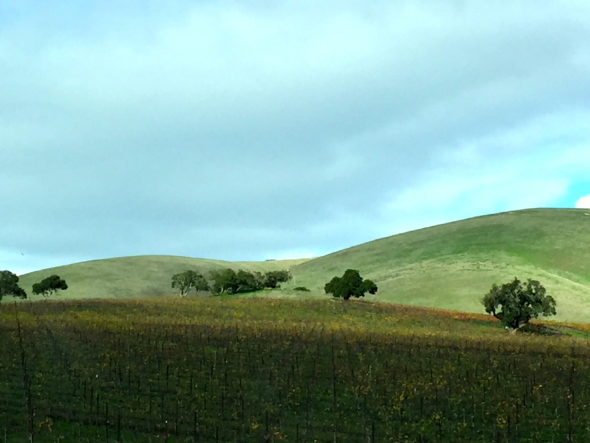Micah 5:1-5a, NLT
Mobilize! Marshal your troops!
The enemy is laying siege to Jerusalem.
They will strike Israel’s leader
in the face with a rod.But you, O Bethlehem Ephrathah,
are only a small village among all the people of Judah.
Yet a ruler of Israel,
whose origins are in the distant past,
will come from you on my behalf.
The people of Israel will be abandoned to their enemies
until the woman in labor gives birth.
Then at last his fellow countrymen
will return from exile to their own land.
And he will stand to lead his flock with the Lord’s strength,
in the majesty of the name of the Lord his God.
Then his people will live there undisturbed,
for he will be highly honored around the world.
And he will be the source of peace.
Such a lovely promise, made centuries before Jesus ever appeared on the scene. The early church poured over the scriptures we call the Old Testament, searching for connections to all that they had seen and heard when Jesus walked the earth. And this beautiful passage was tailor made! From the tiniest, most backwater town (population? about 300 souls at the turn of the 1st century), comes the promised leader of God’s people. Not at all the kind of leader that they thought they wanted. But oh! So much the one they — and we — needed. A Shepherd-Leader, one who tends and searches out the lost, who protects us from robbers and who brings us into abundant places of rest, relaxation and refreshment. Not all the time — we all know that! But maybe, in a certain way, it IS all the time . . . in our heart of hearts there are green pastures and flowing streams, always. No matter the chaos that surround us. Why? Because wherever the Shepherd is, we are safe. No matter what. No matter what.
Blessed Savior/Shepherd — thank you that you bring refreshment and nourishment with you. Thank you that we can find peace — your special peace — deep within us, even when everything around us is insane. Thank you that you came from ‘the past’ right into our present. And that you go before us into the future, too. Thank you.

